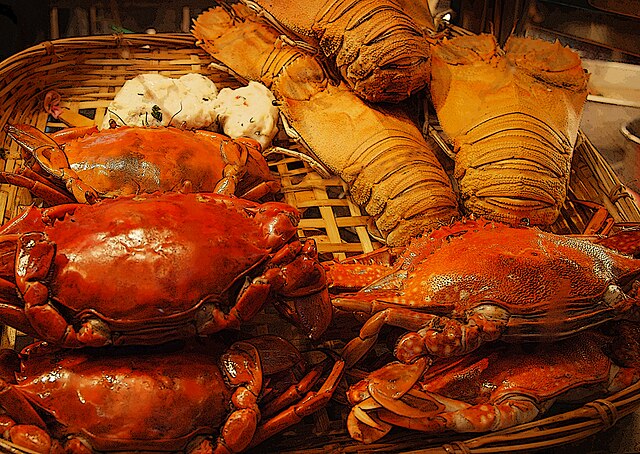Maine lobster fishermen will be mandated to install electronic trackers to help reduce the entrapment of the nearly decimated North Atlantic right whale.
Some New England lobster harvesters have already reacted negatively to the Massachusetts Department of Fish and Game Division (DMF)’s call. However, despite a pending court case on the matter, the enforcement is nevertheless ongoing.
Supporting the tracker-installation move are lobster processors, non-governmental organizations (NGOs), seafood retailers and fisheries researchers.Via their Fishery Improvement Project (FIP), these lobster industry players based in Massachusetts will collect data on right whale movements. The data will guide fishermen on the areas to avoid setting traps.
Fishermen usually set traps in designate areas with plenty of lobster but sometimes they end up injuring the endangered whale species.
FIP has been using the WhaleMap data app by the New England Aquarium to track right whales in lobster territory.
The project is currently complementing map-based tracking with real-time data from electronic traceability systems developed by member companies. The trackers will pinpoint the exact up-to-the-minute location of the whales, and supply the data to fishermen.
Read also how a similar measure to protect humpback whales in Oregon in August 2023 led to dungeness crab fisheries’ losses.
24-Hour Tracing in Maine and Massachusetts
It is this round the clock tracing that has baffled most lobster harvesters from Maine.
Starting December 15, 2023, Maine fisheries department required fishermen to plug state-provided electronic trackers on their boats all 24 hours.
The same requirement happened in the next-door state of Massachusetts. The state will receive $4.6 million by 2027 to buy tracking equipment and research on the right whale movements. Some $472,000 of the funds will help purchase new safety gear for lobster fishermen to reduce wrongful entrapment.
Current lobster equipment that pose danger to the right whale weigh between 40 and 65 pounds. These wire mesh traps are however lighter than older wooden types that used to weigh up to 120 pounds.
Right Whale Cases Timeline
The National Oceanographic and Atmospheric Administration (NOAA) has offered historic data on the North Atlantic right whale’s accidents during lobster fishing.
- Since 2017, when monitoring began, 36 right whales have died from related fishing acts.
- During the same period, 35 have been under serious injuries while 51 have been sick.
- Data by the New England Aquarium showed 32 fisheries-related injuries of right whales in 2023 alone.
- On January 6, 2024, NOAA spotted a right whale calf on the South Carolina coast succumbing to head injuries.
Maine Lobster Fishermen Litigate
Meanwhile, in early January, five Maine lobster fishermen sued the state for requiring them to install the 24-hour trackers. This comes at a time when U.S. lobster prices are rising amid lowering catches, and the fishermen are eager to cash in.
The group from a Maine lobster fishing union opposes the order to activate the tracker throughout irrespective of boating activities.
Saying that they adhere to safety measures to protect New England’s ocean ecosystems, the plaintiffs praised monitoring-free lobster harvesting.
The case has yet to receive a hearing date in a federal court.
